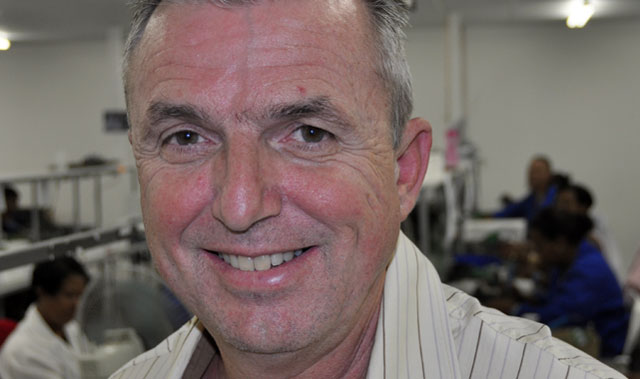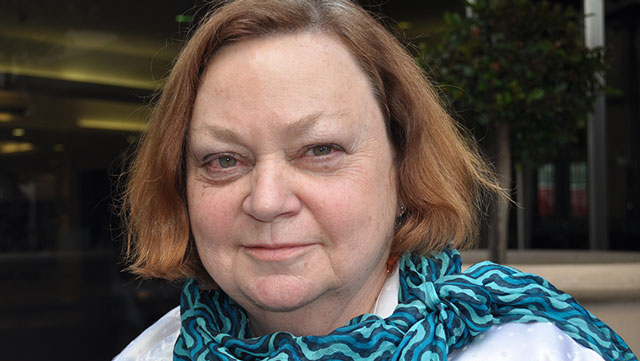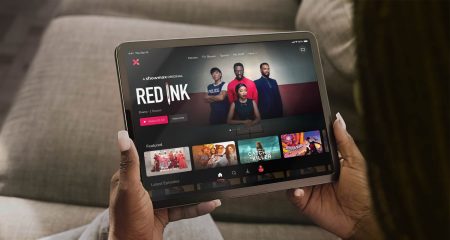
Government’s decision not to mandate the use of an encryption system in set-top boxes for digital terrestrial television “probably cost South Africa 10 000 jobs”, the head of one of the country’s largest electronics manufacturing companies has claimed.
CZ Electronics chief operating officer Rob Bruggeman warns that without encryption, cheap set-top boxes will be dumped in South Africa and free-to-air broadcasters will struggle to compete with their pay-TV rivals.
But it’s an assertion rubbished by pay-TV player MultiChoice, which has argued that content providers do not require on-air signals to be encrypted in order for content providers to supply free-to-air broadcasters with quality content.
In March, communications minister Faith Muthambi announced that government-funded set-top boxes for digital TV will not contain conditional access based on encryption, and that prospective pay-TV operators wanting to use such a system will have to deploy their own boxes to subscribers.
This decision favours the argument put forward by MultiChoice that providing a conditional access system in the set-top boxes would amount to unfair competition — and would generally be bad for consumers. Rival e.tv has argued that encryption is essential to ensure that free-to-air broadcasters can get access to the latest international programming content, to avoid the free-to-air sector being “ghettoised” while MultiChoice’s DStv grows ever stronger.
The set-top boxes, which will be provided free of charge to as many as 5m households, will still contain a control system. But it won’t employ conditional access and so can’t be used by pay-TV operators. Instead, Muthambi said, it’s simply a security mechanism that, among other things, will prevent set-top boxes from being used outside South Africa’s borders.
Bruggeman believes scrapping encryption is a flawed decision. For one thing, it will not promote the South African electronics manufacturing industry. “There is going to be so much crap dumped in South Africa and there is no way the [South African Revenue Service] or [the department of trade & industry] will [be able to] block it,” he says.
Also, broadcasters won’t be able to provide a range of value-added services (games and applications, for example). Instead, the market will be flooded with digital tuners that do little more than convert digital signals into analogue pictures on viewers’ TVs, he says.
It’s also bad news for free-to-air broadcasters, Bruggeman says. “You cannot broadcast good-quality content on free-to-air digital transmission. No one will do it.”
He says government’s decision has effectively given MultiChoice dominance over TV broadcasting in South Africa for many years to come. “If everyone in the country suddenly had a decoder with the ability to accept pay-TV content, it would have been immediate competition to MultiChoice.
“MultiChoice has wiped out e.tv and the SABC and any competition in broadcasting. They have closed the door on everyone.”

It’s a view shared by Democratic Alliance MP Marian Shinn, who said late last month that government’s decision will “stifle competition in the free-to-air market”.
The changes “have the potential to put e.tv out of business while entrenching MultiChoice’s monopoly in the pay-television market and guaranteeing the SABC dominance in the free-to-air space”, Shinn said. “The only logical conclusion one can draw from this move by [minister Muthambi] is that she has an inappropriate relationship with MultiChoice and is attempting to solidify its monopoly in the pay-TV sector.”
But MultiChoice chief technology officer Gerdus van Eeden dismisses the argument that free-to-air signals have to be encrypted to ensure broadcasters get access to the best content, arguing that if this was the case, free-to-air TV would be dying globally, which, he says, it is not.
“BBC’s terrestrial service is not encrypted. What is different about e.tv?” he asks.
The only requirement content providers put in place for broadcasters that offer high-definition channels is that they use High-bandwidth Digital Content Protection, or HDCP. This is a copy-protection technology built into the High-Definition Multimedia Interface, or HDMI, standard used in modern TVs. It can be used to prevent people from copying HD content off set-top boxes — a common way pirates upload movies and TV shows onto torrent sites.
“The only requirement for content protection is HDCP,” says Van Eeden. “That’s what the BBC uses and that’s the requirement in the South African [set-top box] standard. No content provider will take issue with you — unless there is a special requirement on e.tv that no other free-to-air broadcaster in the world has to meet, and that seems illogical.”
The vast majority of free-to-air broadcasters worldwide do not encrypt on-air signals, he says. — © 2015 NewsCentral Media




